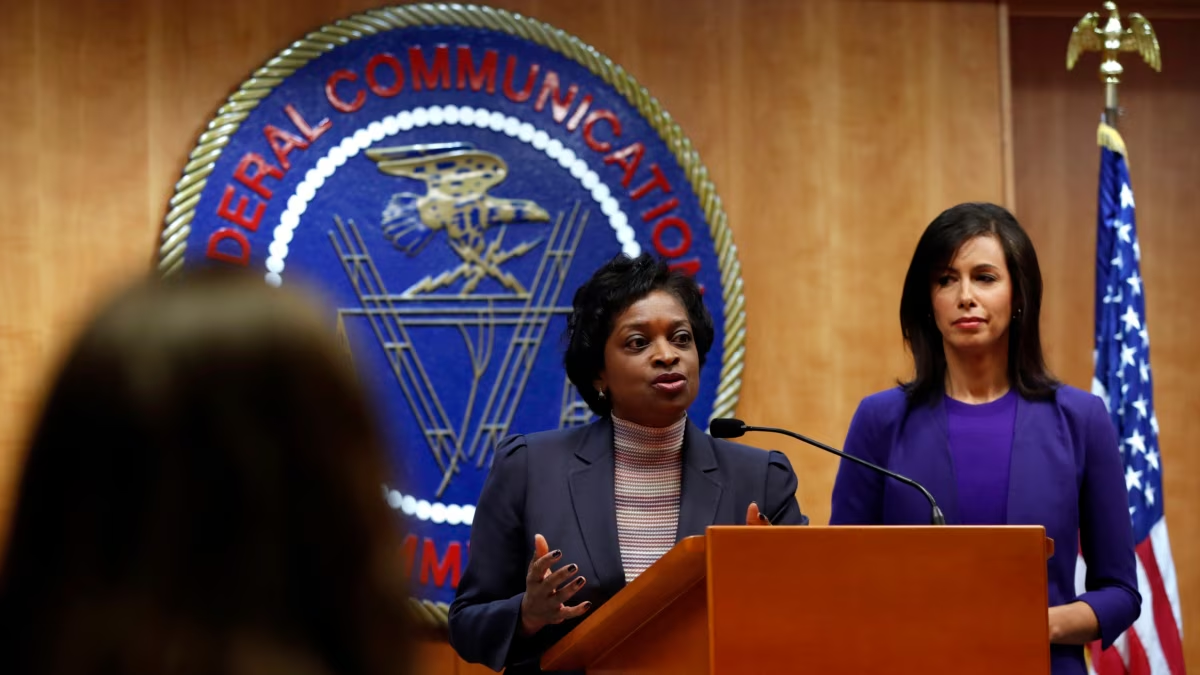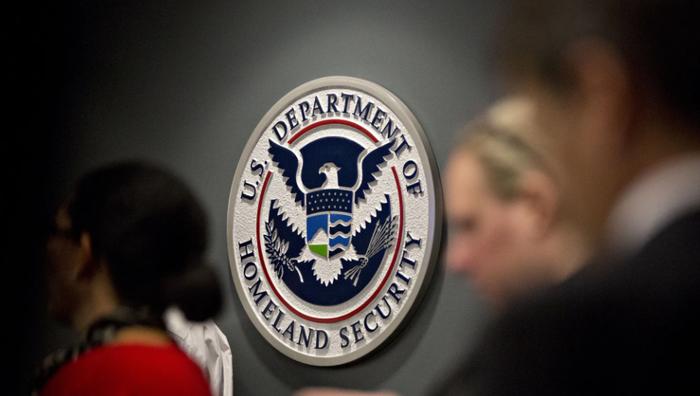1. Federal Communications Commission (FCC)
The Federal Communications Commission (FCC) is the agency primarily responsible for managing and regulating GPS signal jammers. According to the Communications Act and related regulations, the FCC prohibits the manufacture, sale, distribution, possession, importation, or use of any device that interferes with radio communications in the United States, including GPS signal jammers. The FCC clearly stipulates that any interference with federal communication systems is illegal and imposes severe penalties on violators.

2. The FCC not only formulates regulations, but also actively enforces the law, investigates and fines violations. The FCC has set up a special complaint channel, and anyone who discovers or suspects the illegal use of GPS signal jammers can report it to the FCC. Through these reports, the FCC conducts investigations and takes enforcement actions, including fines and confiscation of equipment.

3. Federal Aviation Administration (FAA)
The Federal Aviation Administration (FAA) is responsible for regulating aviation safety in the United States. Due to the critical role of GPS in modern aviation navigation and aircraft control, the FAA is highly concerned about the impact of GPS signal interference. The FAA works with other federal agencies to monitor and respond to any GPS interference incidents that may affect aviation safety. The FAA issues guidance and regulations to ensure that airlines and pilots understand and respond to the risks of GPS jamming.
The FAA also works with the Department of Defense (DoD) and other agencies to ensure that GPS jamming does not affect civil aviation during military exercises or other activities. For example, the FAA issues airspace restriction notices at specific times and locations to prevent civil aircraft from being affected by military jamming.

4. Department of Homeland Security (DHS)
The Department of Homeland Security (DHS) plays an important role in protecting the nation's infrastructure. As part of critical infrastructure, the security and reliability of GPS is essential to national security. DHS assesses and responds to the threat of GPS signal jammers through its Cybersecurity and Infrastructure Security Agency (CISA) and Science and Technology Agency (S&T).
Projects conducted by DHS include testing and verifying the anti-jamming capabilities of GPS receivers, as well as developing and promoting alternative navigation systems to enhance the resilience of critical infrastructure. DHS also works with the private sector and other federal agencies to share information and best practices to reduce the impact of GPS jamming.
5. Department of Defense (DoD)
The Department of Defense (DoD) has a direct interest in the use and protection of GPS. GPS was originally developed by the DoD and remains a key component of military operations. DoD not only deploys and maintains GPS satellites around the world, but also uses jammers in military training and operations to simulate enemy jamming scenarios to improve the troops' response capabilities.
To ensure that jamming training does not affect civilian and other non-military users, DoD works closely with agencies such as the FAA and FCC to coordinate jamming activities and ensure that relevant notifications and preventive measures are in place. In addition, DoD is also involved in the development and promotion of anti-jamming technologies to enhance the anti-jamming capabilities of military and civilian GPS equipment.
6. National Telecommunications and Information Administration (NTIA)
The National Telecommunications and Information Administration (NTIA) is an agency under the Department of Commerce that manages the federal government's use of radio spectrum. NTIA works with the FCC to ensure the reasonable allocation and use of spectrum resources. NTIA plays an important role in formulating policies and standards, especially when it comes to communication systems involving national security and public safety.
NTIA also works with other federal agencies to conduct spectrum interference research and testing to identify and mitigate the effects of GPS jamming. By coordinating spectrum use and promoting technical standards, NTIA helps ensure the reliability and security of the GPS system.
In the United States, multiple federal agencies jointly manage and regulate the use of GPS signal jammers to ensure that they do not have a negative impact on society. The Federal Communications Commission (FCC), the Federal Aviation Administration (FAA), the Department of Homeland Security (DHS), the Department of Defense (DoD), and the National Telecommunications and Information Administration (NTIA) each use their expertise and jurisdiction to work together to protect the integrity and reliability of the GPS system. This multi-departmental cooperation and regulatory mechanism not only ensures national security and public safety, but also provides a solid foundation for the widespread application of GPS technology.


